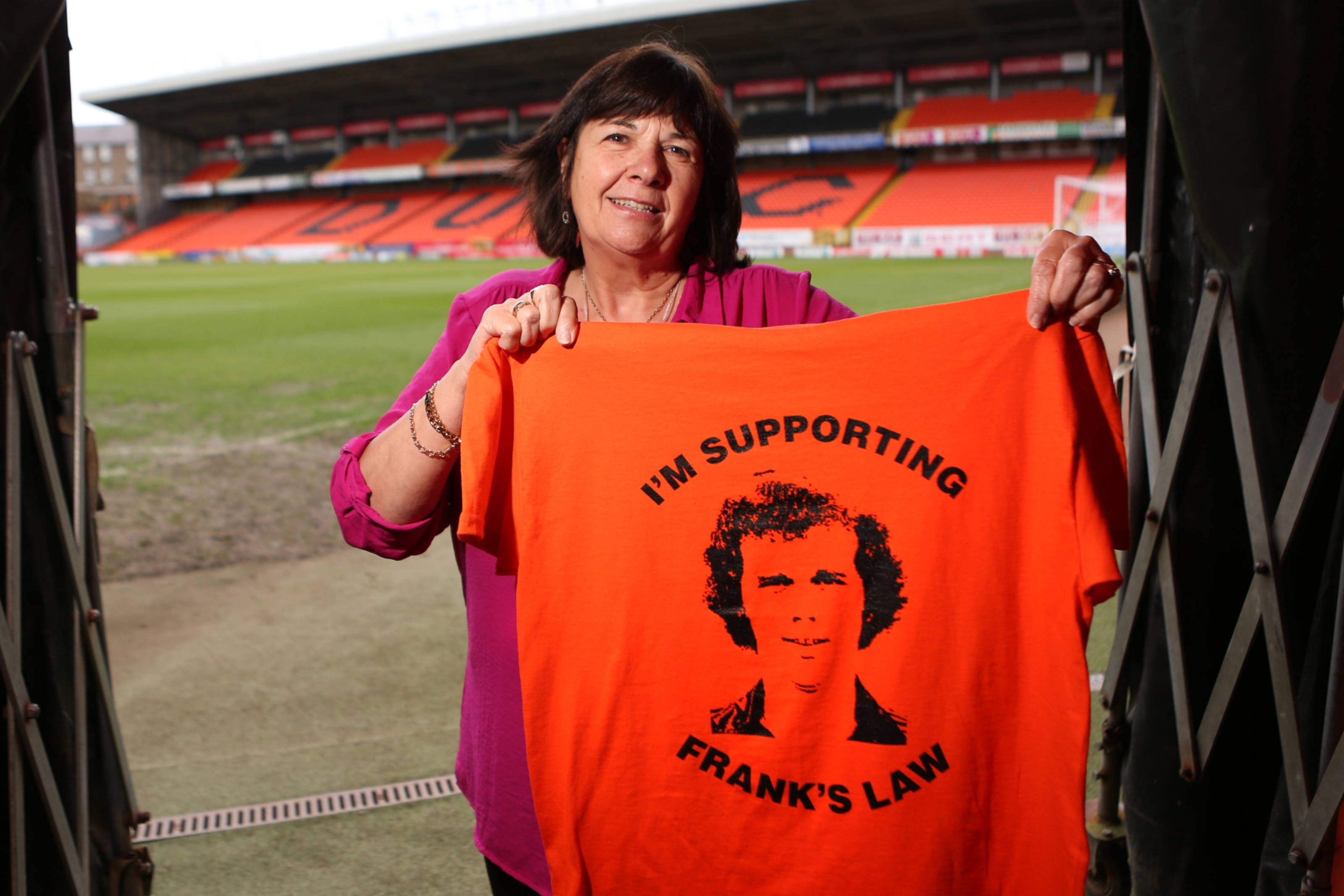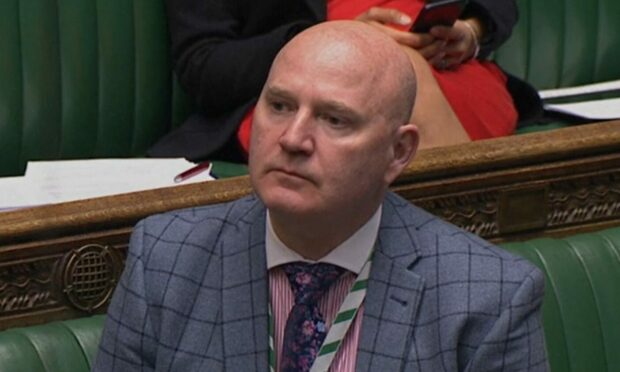An SNP politician has insisted the party will introduce Frank’s Law despite being snubbed in a bid to have the campaign backed.
Dennis Webster, a Clackmannanshire councillor, had a request to speak in a dementia care debate denied, while his topical resolution asking delegates in Glasgow to support a fairer care system for the under-65s was rejected.
A call to strengthen the forthcoming National Dementia Strategy, proposed by the North East Fife branch, was unanimously passed but there was not a single mention of Amanda Kopel’s tireless campaign during the 23 minute debate.
Mr Kopel said: “I’m delighted the SNP are talking about dementia care but it is really disappointing there was not one mention of Frank’s Law.
“If there is no mention of the 3,200 people suffering then they are seeing their hopes dashed again.”
Mrs Kopel’s husband, Dundee United legend Frank, died in April 2014 having been diagnosed with dementia in 2009 aged just 59.
The couple paid around £300 a week so he could have personal care in his Kirriemuir home because he did not reach the qualifying age for free services until weeks before his death.
Mrs Kopel is urging ministers to close the loophole and The Courier is backing her bid.
Mr Webster insisted the campaign is gathering momentum amongst the SNP’s grassroots.
He said: “I’ve never met anybody that would argue against it. The SNP prides itself on being non-discriminatory on race, gender or creed. Ageism is discrimination.”
North East Fife SNP convener, Moira Mackenzie, insisted the resolution could be seen as a “stepping stone towards discussing Frank’s Law” and it is understood many members of the branch are personally supportive of the campaign.
Every opposition party at Holyrood officially backs Frank’s Law.
Scottish Conservative mental health spokesman Miles Briggs said: “The fact conference didn’t select a motion on this or summon a speaker who wanted to back it – despite suggestions to the contrary beforehand – is unacceptable.”
Labour social care spokesman Colin Smyth added: “The SNP need to do more than just pat themselves on the back when it comes to dementia care, it looks complacent and patients deserve better than that.”











